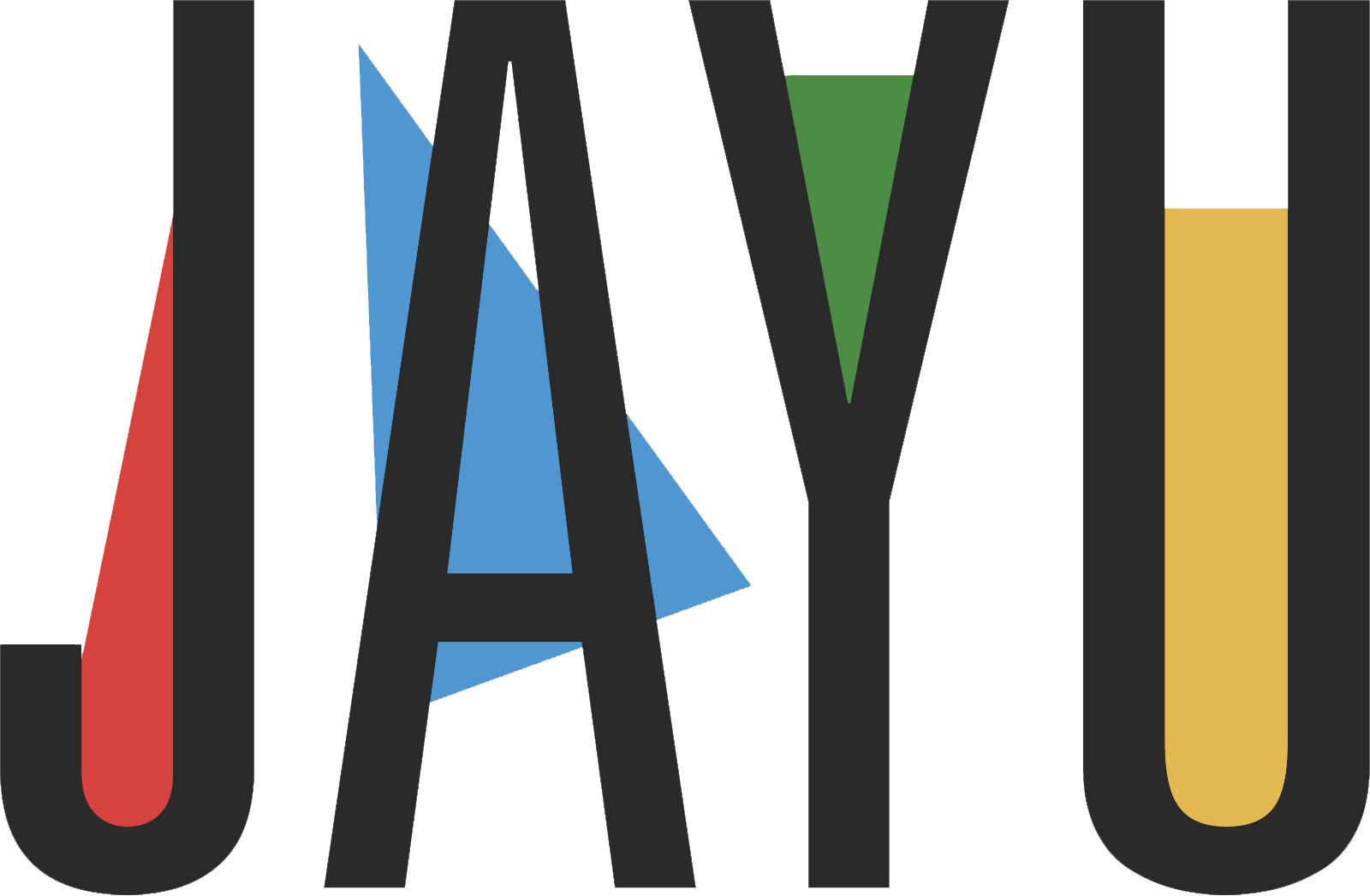At JAYU, we prioritize the mental health, work-life balance, and wellness of our staff. When we thrive as human beings, our organization and our mission of sharing human rights stories through the arts thrives as well. That’s why we’ve taken the important steps of creating a better way of working.
The 4-day work week
In January 2020, our entire team transitioned to a 4-day work week. What that means is:
Our full-time permanent staff work Monday - Thursday.
We have a pilot flex-hour system, which means that we allow staff to tailor their working hours to suit personal needs, while maintaining a 24-hour minimum response time.
We continue to pay our full-time staff at 40 hours a week.
The data behind it all
After one year, we surveyed our staff and collected data to better understand the impact that the 4-day work week had on productivity and mental health. We found:
PRODUCTIVITY
71% of our team feel more productive working 4-days a week vs 5-days a week
71% were taking less meetings, or spending less time in meetings when working 4-days a week
86% agreed that they were taking less breaks throughout the day and focusing more on work at 4-days a week
86% find that they can complete their weekly tasks within 4-days, vs 33% of staff finding that they were able to complete their work tasks in a 5-day work week
MENTAL HEALTH
100% have more time for family, friends or hobbies working 4-days a week
100% feel a better work/life balance working 4-days vs 5-days
86% feel an improvement on their mental health as well as a better quality of life working 4-days
86% feel more focused throughout the day working 4-days
100% agreed that reducing the work week from 5 to 4-days reduces burnout, makes workers happier, more productive, and more committed to the organization
Healthier sick/vacation policies
In addition to a 4-day work week, we also offer 15 paid sick days, as well as unlimited time off.
THIS IS HOW IT WORKS
If staff are feeling physically or mentally unwell, they can take up to 15 days of paid sick leave.
We prioritize rest and in addition to the allotted sick and vacation days, if staff need to take time off, they have the option to take extra paid time off, subject to approval.
Our permanent staff are offered a robust health benefits package from Canada Life.
After a very busy festival season, the JAYU office shuts down and staff are paid in-full to take one month off between December and January. Similarly, every summer, we shutdown the office for one week where we continue to pay our staff in-full to rest.
Paying an equitable wage
At JAYU, we recognize that our province’s minimum wage is simply not enough to live on.
According to the Ontario Living Wage Network, “More and more people are working for low wages… the result can be spiralling debt, constant anxiety, and long-term health problems. Employees that earn a living wage can face fewer of these stressors; employers that pay a living wage can be confident they are not keeping their employees in poverty.”
In 2022, we took the extra step of ensuring that every full-time, permanent role at JAYU earns at least a living wage which in Toronto is $22.08/hour (2022).
In order to ensure pay equity, we make sure that the highest earning full-time employee cannot earn more than 3x the lowest-earning full-time employee.
The impact of it all
Workers across the non-profit and arts/culture sector are more burnt out than ever. According to the National Arts and Culture Impact survey, commissioned by a group of 30 national and provincial Canadian arts service organizations in 2020, close to 80% of individuals and organizations reported very high or high levels of anxiety. Even more alarming is that this is up from 25% prior to the COVID-19 pandemic.
Despite these alarming statistics, our data tells us that our team is feeling more balanced and less burnt out as a result of our work model.
In addition, employment in the arts, entertainment and recreation sector fell from 450,500 in 2019 to 336,100 jobs in 2020. That’s a 25.4% drop during the COVID-19 pandemic.
While COVID-19 deeply impacted employment stability in the arts sector, not only did we keep our full workforce employed in 2020, but we also grew our team, while growing revenue, audiences, and our impact.
The data is clear. By investing in our staff to rest, we’ve investing meaningfully in a more energized, productive, and committed workforce, taking us one significant step further in fulfilling our mission of sharing human rights stories through the arts.
